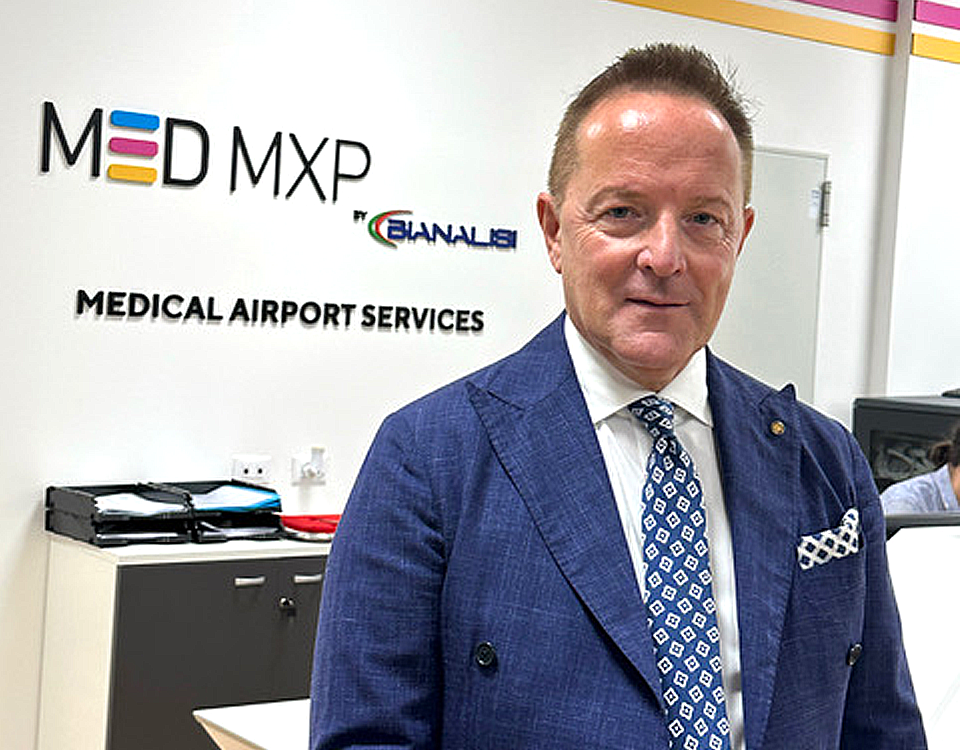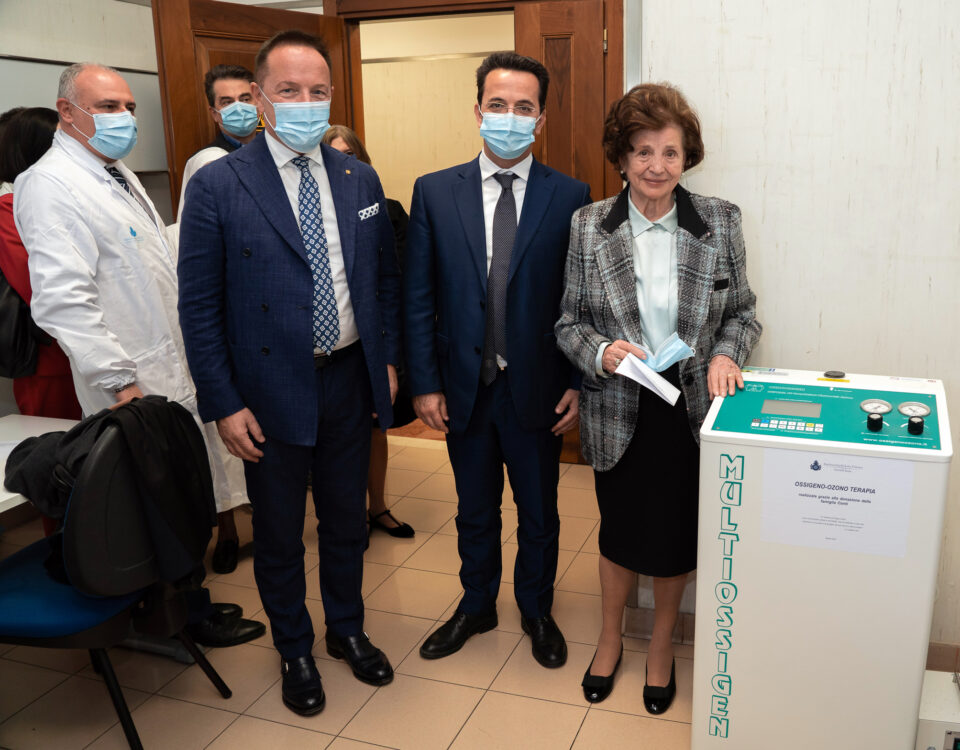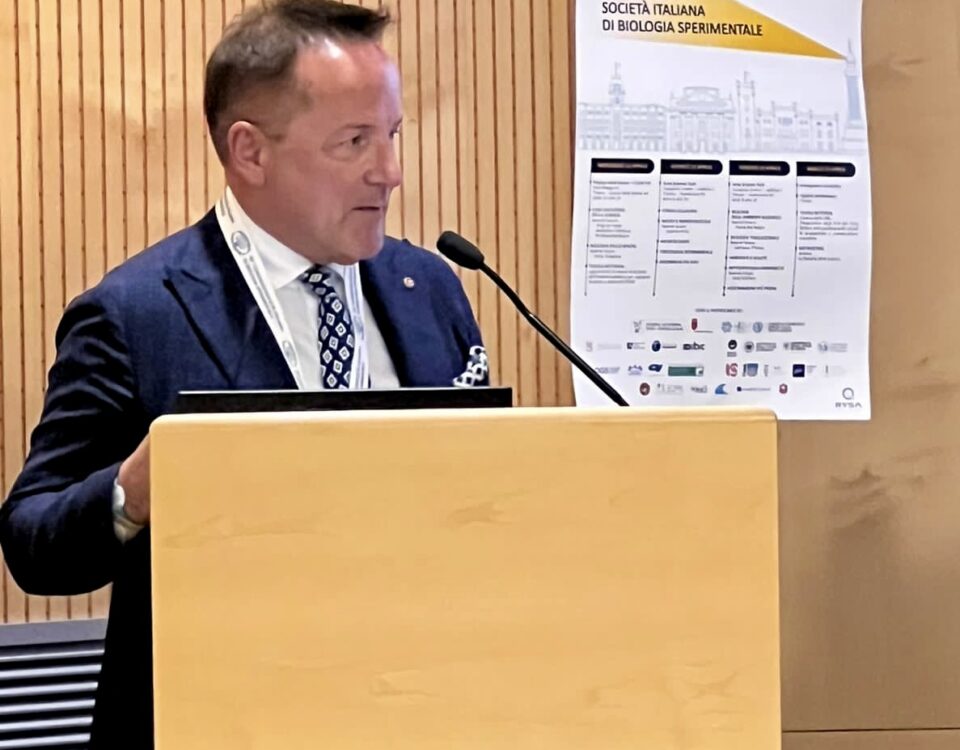
Brescia. Thousands of scientific discoveries come from observing apparently random, unexpected phenomena. This is also the hope at Brescia’s Fatebenefratelli research hospital, where it has been discovered that the use of oxygen/ozone therapy, which is widely used in orthopedics as well as in other fields, leads to improvements in the cognitive functioning of elderly patients with Alzheimer’s Disease or other forms of dementia. Preliminary studies have shown that, in neuronal cells treated with oxygen and ozone, specific cellular functions involved in mental processes (inflammations and oxidative processes) are activated. The project “Cognitive frailty and oxygen-ozone therapy: integrated approach to identify biological and neuropsychological markers”, under the guidance of the geriatrician Cristina Geroldi, researchers Cristian Bonvicini and Catia Scassellati, and Dr. Antonio Galoforo, a widely recognized pioneer in ozone therapy working both in Italy and in Africa, is about to get under way.
Financed entirely by Italy’s Ministry of Health, the project is valued at €386,000, and half of this cost will be going to grants to finance the activities of the young researchers involved in the project, with the remainder going to the purchase of the lab equipment needed for the experiments. For years now, at Fatebenefratelli and many other facilities, oxygen/ozone therapy has been used to promote rehabilitation in the elderly, and its scientific validity has since earned the official support of the Lombardy Regional Health Service.
“In our clinical practice, we have seen that ‘frail’, elderly patients, in addition to improving in terms of their motor skills, have also made great strides psychologically and in terms of the difficult-to-achieve stability in sleep rhythms,” says Cristian Bonvicini, one of the researchers. “This will be our starting point.” In practical terms, starting from an intuition, they will then study if and, more importantly, how ozone acts on the neurons of these patients.
Dr. Bonvicini has worked at Fatebenefratelli for 18 years now, and this study is as important to him as it is to others. “There is much talk about the flight of human capital, but there are opportunities here in Italy, where our institutions are competitive with others internationally and that enable you to work well with cutting-edge tools and with talented peers, to stay abreast of the latest developments, and to pursue ambitious goals,” he says, although he admits that “you need to be motivated by great passion because, otherwise, other countries, where salaries in scientific fields can be double [those of Italy], can lure you away.”
The study will make use of the professional capabilities of various units of Brescia’s Fatebenefratelli research hospital, including the Alzheimer’s unit, the Genetics unit and Molecular Markers Lab, and the Neuropsychology unit, as well as the collaboration of Pisa’s Scuola Normale Superiore. A range of analysis techniques (i.e. transcriptomics, immunoproteomics, metabolomics, lipidomics, and bioinformatics) will be used. “We will seek to identify biological and neuropsychological/behavioral markets that can distinguish patients treated with oxygen/ozone therapy from those that are not, so as to study the molecular mechanisms on which the therapy acts and, above all, to identify the therapeutic targets for the treatment of these patients. You ask what our reward will be? Discovery, understanding, knowledge. And seeing that people suffer less,” Bonvicini concludes.



